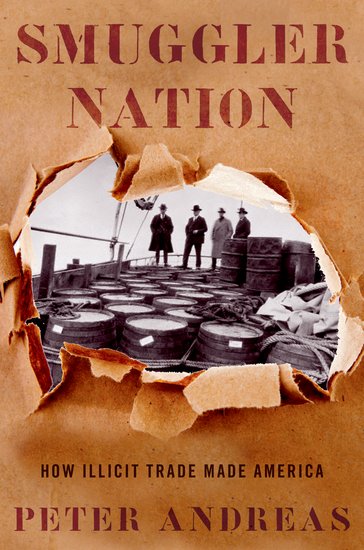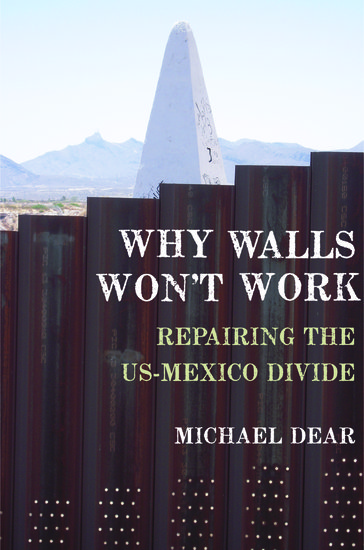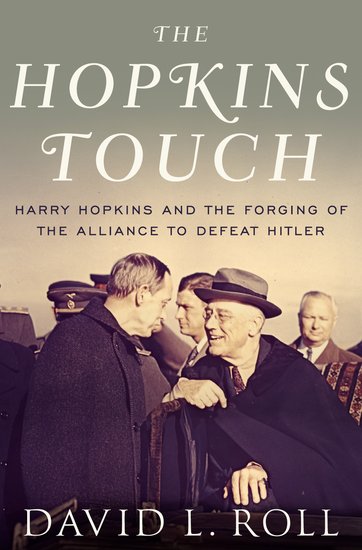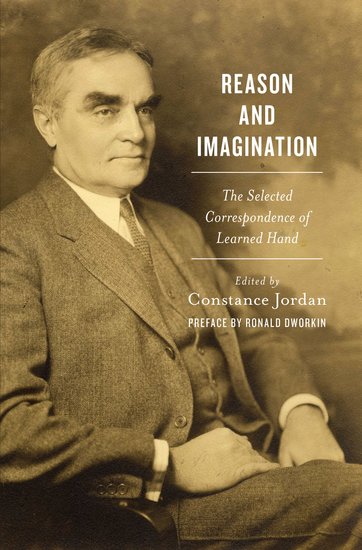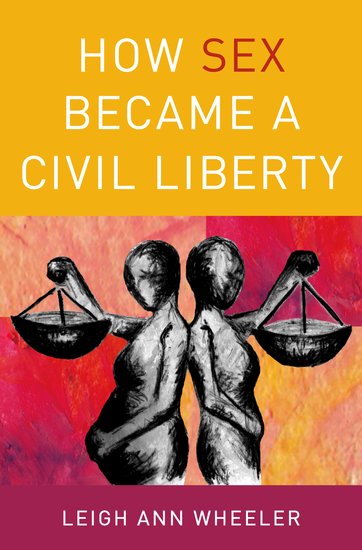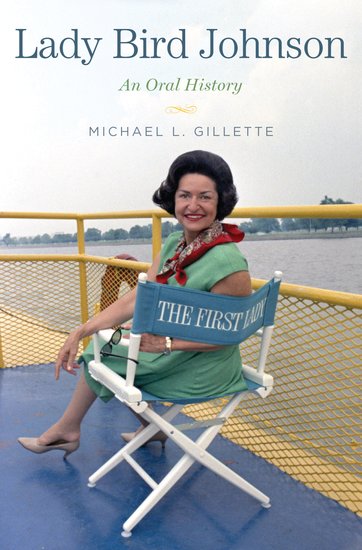Who was Dorothy Wrinch?
Remembered today for her much publicized feud with Linus Pauling over the shape of proteins, known as “the cyclol controversy,” Dorothy Wrinch made essential contributions to the fields of Darwinism, probability and statistics, quantum mechanics, x-ray diffraction, and computer science. The first women to receive a doctor of science degree from Oxford University, her understanding of the science of crystals and the ever-changing notion of symmetry has been fundamental to science.



